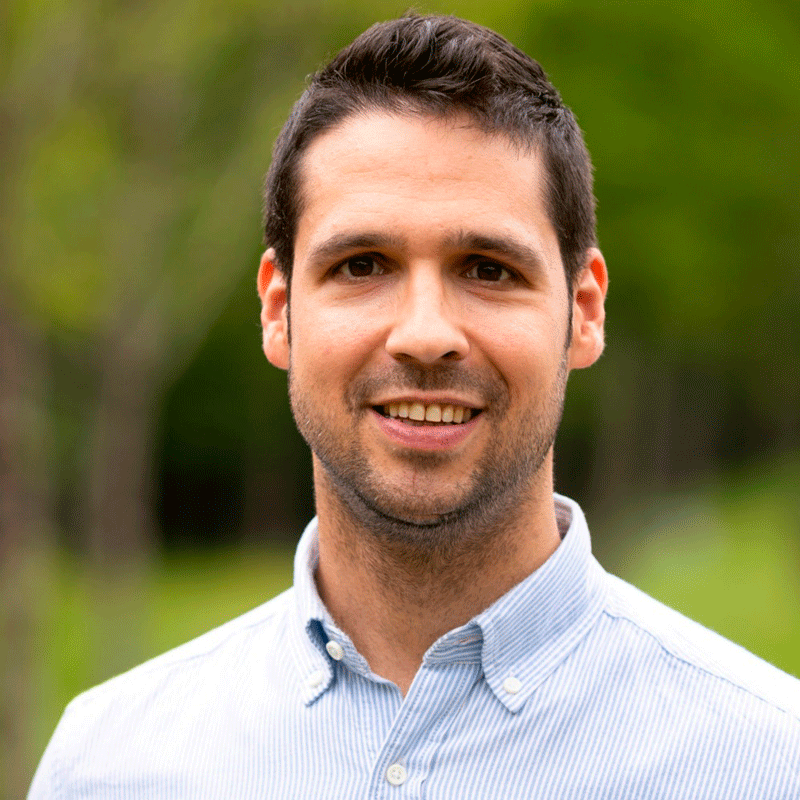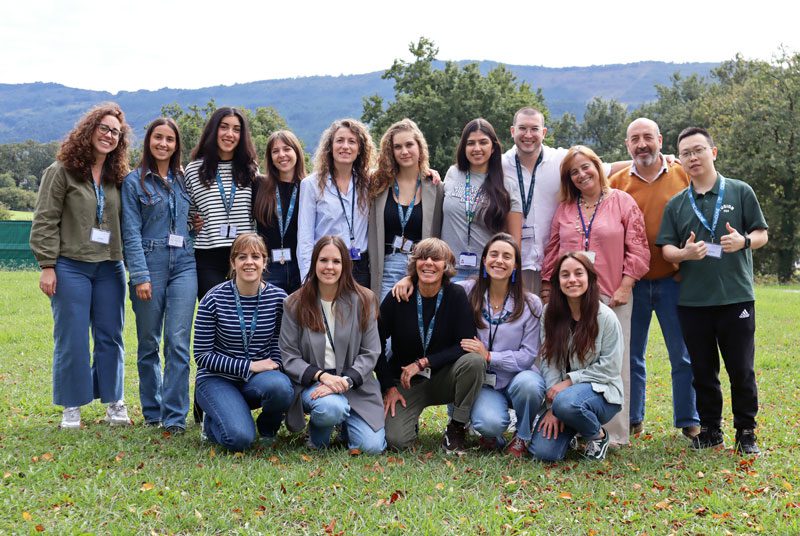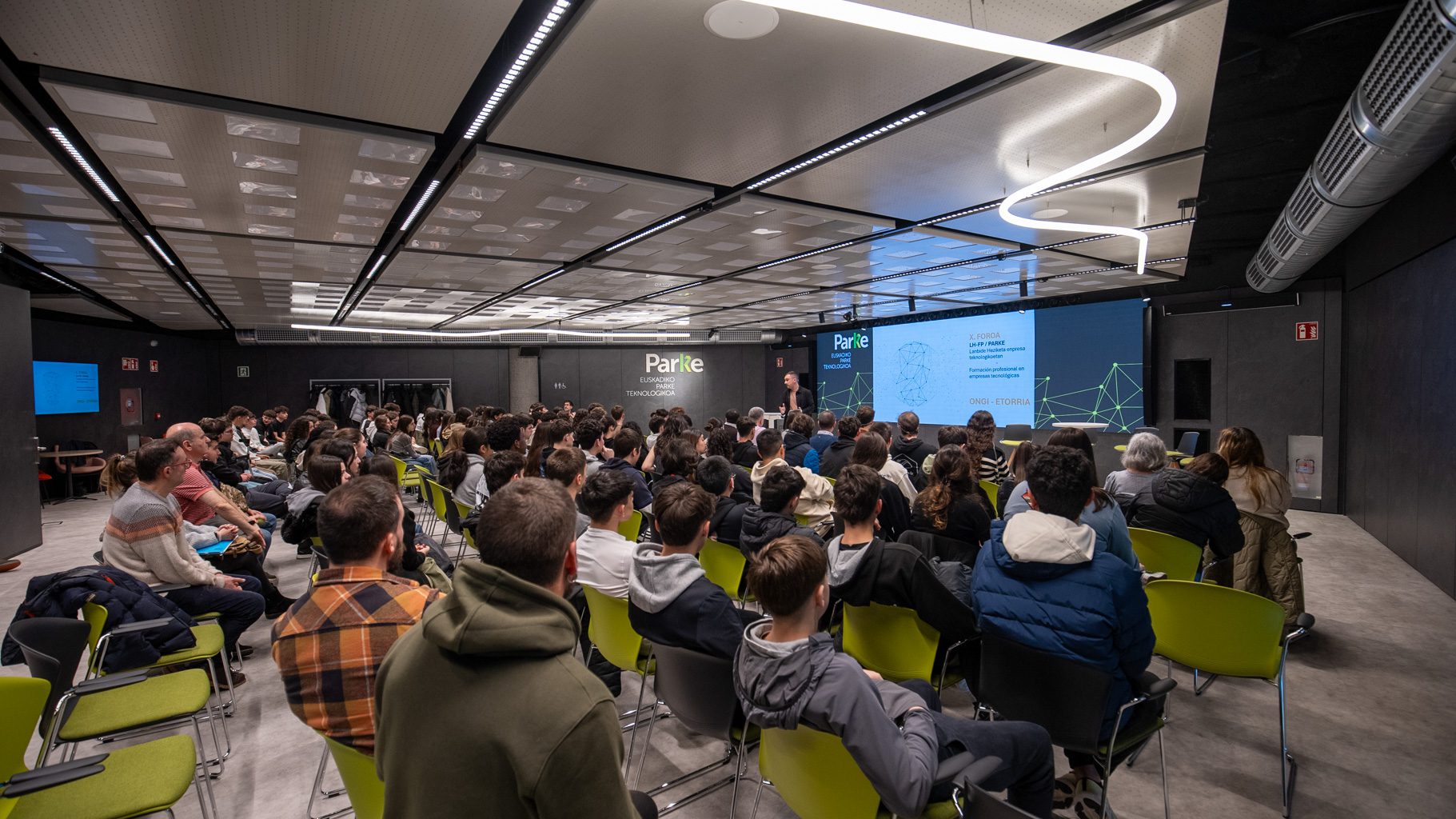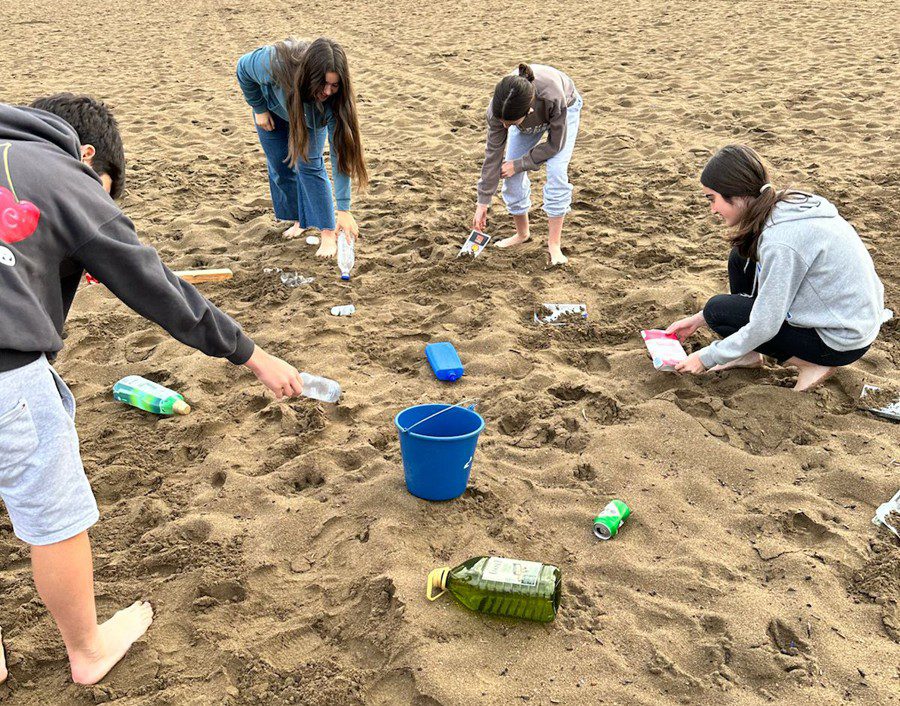Researcher Alberto Fernández Tejada receives a new ERC Proof of Concept grant, the third consecutive one in the last three years

The project to be funded, known as ADJUPROBE, will use a candidate adjuvant probe as a dual technology tool for the development of next-generation vaccines.
European Research Council grants additional funding to explore commercial potential of research results.
 The European Research Council (ERC) has awarded a new Proof of Concept (PoC) grant to Prof. Alberto
The European Research Council (ERC) has awarded a new Proof of Concept (PoC) grant to Prof. Alberto
Research Council (ERC) has awarded a new Proof of Concept (PoC) grant to Prof. Alberto Fernández Tejada, Ikerbasque Research Professor and Principal Investigator in the Chemical Immunology laboratory at CIC bioGUNE, a member of the Basque Research & Technology Alliance, BRTA. This is the third consecutive ERC-PoC grant awarded to Fernández Tejada in the last three years, an unprecedented milestone for an ERC Starting Grant-funded researcher.
Worth EUR 150,000, ERC PoC grants are specifically designed to support researchers who have already been awarded ERC grants and who intend to explore the commercial potential of their research results. In the current call, the funded ADJUPROBE project seeks to establish a proof-of-concept of an innovative technological tool based on an immunological adjuvant probe, focusing on its scale-up production, preclinical development and mechanistic validation, with the intention of developing more rational molecular vaccines and assessing their potential for future commercial exploitation.
Adjuvants are key ingredients that are added to vaccines, enhancing the immunogenicity of the antigen and contributing to the generation of more potent immune responses. In addition to activating antigen-presenting cells, they can function as a means of co-administration and transport of antigen, while also reducing the dose of vaccine administered. These characteristics make adjuvants key components of vaccines, improving their efficacy and making them more cost-effective, with important socio-economic and public health implications.
By combining synthetic chemistry and molecular immunology strategies with preclinical testing, ADJUPROBE aims to make use of a potent adjuvant probe developed in the previous ERC Starting Grant project (ADJUVANT VACCINES) to exploit it as a dual technology to drive rational and advanced vaccine innovation with potential for future clinical applications.
Professor Alberto Fernández Tejada holds a PhD in Chemistry and has become an outstanding Principal Investigator at CIC bioGUNE, leading an interdisciplinary research programme in immunological chemistry. Throughout his career, he has received different prestigious awards and grants, including a Fulbright fellowship (2009) and two Marie Curie European postdoctoral contracts in a row (2010, 2013). As Principal Investigator, he has obtained important funding from prestigious national and European programmes, highlighting a Ramón y Cajal contract from the Spanish Ministry of Science and Innovation (2015), an Ikerbasque Research contract (2016), an ERC Starting Grant (2016), an AECC LAB grant from the Spanish Association Against Cancer (2022) and three consecutive ERC Proof of Concept grants, including this last one (2021, 2022, 2023).
Prof. Fernández Tejada’s research focuses mainly on the development of new adjuvants and improved molecular vaccines, in addition to the study of key biochemical and immunological aspects related to their immunopotentiating mechanisms of action. He has extensive research experience at the frontier between chemistry and biology, having worked at renowned national and international institutions, such as the Memorial Sloan Kettering Cancer Center in New York, the Centro de Investigaciones Biológicas CIB-CSIC in Madrid, and the University of Oxford in the UK. Since 2017, he is Group Leader and Ikerbasque Research Professor, leading his own Immunological Chemistry laboratory at CIC bioGUNE (Bilbao).
This new ERC PoC grant for ADJUPROBE represents the fourth ERC grant obtained by Prof. Fernández Tejada since his start as an independent researcher, which represents a great achievement in his work on the development of innovative molecular adjuvants and vaccines, contributing to transfer the results of his scientific research towards future commercial applications.




